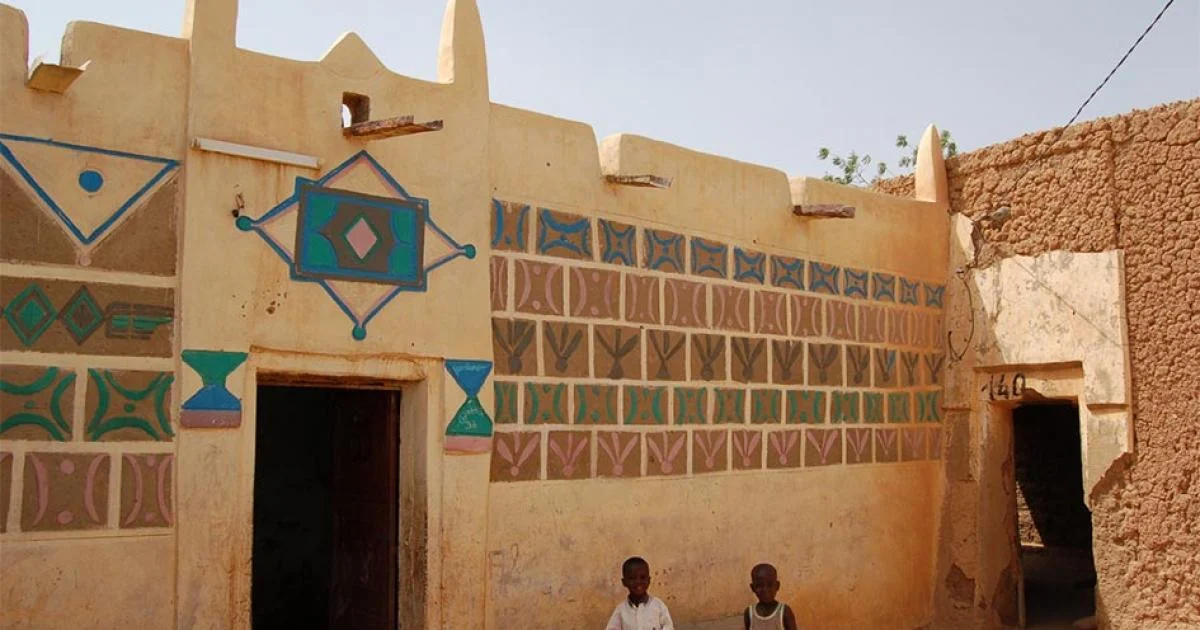
With banners waving and hopes rising, the city of Zinder became the symbolic heart of Niger’s national revival as it hosted the 11th Niger Municipalities Day, a cornerstone event championing local governance as the foundation of a reimagined Republic.
Held at the historic André Salifou Amphitheatre, the conference opened under the leadership of General Abdourahamane Tiani, President of the Republic, with Major General Mohamed Toumba, Minister of State for the Interior, presiding.
Organized by the Association of Municipalities of Niger (AMN) under Colonel Boubacar Soumana Garanké, the event gathers local administrators, experts, and international partners until June 25 in a call for resilient, community-led development.
“The municipality is the pulse of the nation; its renewal is our absolute imperative,” declared General Toumba, calling on the 215 commune administrators — including 15 women — to embody transparency and leadership.
The event’s theme, “Local Governance in the Context of the Refoundation of the Republic,” resonates deeply with the country’s post-2023 reforms initiated by the National Council for the Safeguarding of the Homeland (CNSP).
Colonel Garanké hailed the gathering as a “melting pot of exchanges” among all 255 communes — rural and urban — aimed at confronting shared challenges: security threats, economic vulnerability, and climate change.
Zinder, with its historic prestige and cultural significance, was chosen to symbolize the nation’s rebirth.
Governor Massalatchi Mahamane Sani welcomed participants with praise for the region’s heritage and hospitality, alongside Sultan Aboubacar Sanda Oumarou, who emphasized unity and tradition.
An exhibition of local crafts and produce showcased the economic and cultural richness of the country.
Municipal financial empowerment took center stage as well.
The Ministry of the Interior confirmed a 20% increase in state transfers to local governments since 2024 — a key victory for the AMN.
These funds are now managed by newly trained administrators under the guidance of the National Agency for the Financing of Local Authorities (ANFICT), in line with the 2022–2026 Economic and Social Development Plan.
With 377,000 citizens displaced by conflict in 2024 alone, inter-municipal cooperation is also on the agenda.
Drawing from the experiences of Burkina Faso and Mali, members of the Alliance of Sahel States (AES) are exploring joint governance models to counter growing insecurity.
Digital innovation plays a leading role in this renaissance.
Partners such as UNDP and GIZ reaffirmed their commitment to modernizing services, highlighting the success of the e-Commune platform, now active in 50 municipalities.
“Each municipality must become a laboratory for innovative solutions,” stated an AES representative, describing Niger’s model as “inspiring” for the broader Sahel region.
In a stirring conclusion, General Toumba shared his vision: “Autonomous and strong communes must become the pillars of a rebuilt State, where sovereignty is lived daily in every village and every neighborhood.”
As Zinder plays host to this crucial turning point, the message is clear: Niger’s future is being written in its municipalities — from the ground up.



